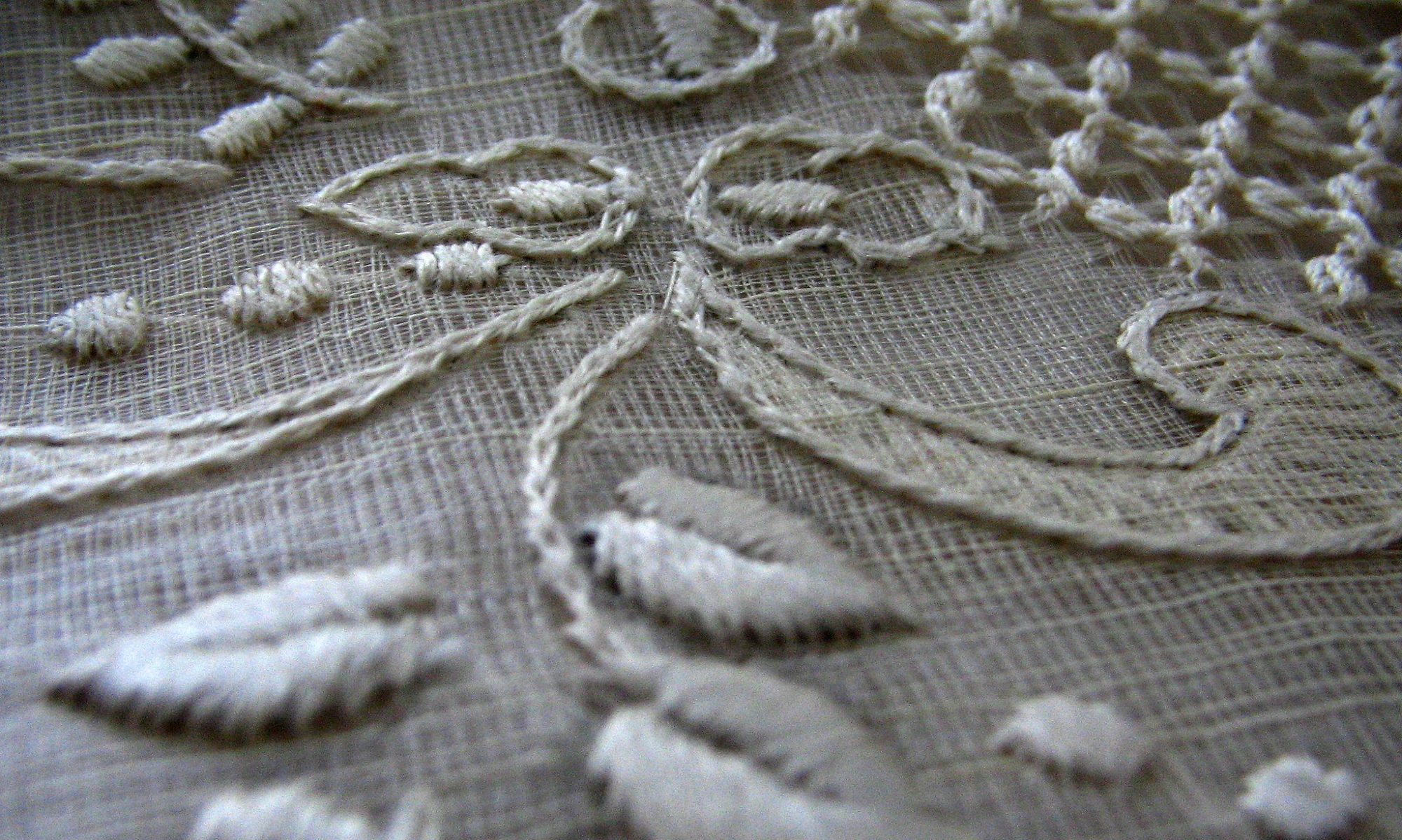Many scholars, teachers, and readers mourned the death of author and activist bell hooks. I first read bell hooks’ work in a graduate course. We were fortunate to be assigned an excerpt from Teaching to Transgress: Education as the Practice of Freedom, which informs much of my teaching to this day.
With all of the recent events including the country’s reckoning with Black killings, the pandemic, and the anti-Asian racism that followed, I found myself thinking a lot about bell hooks and very generous and forthright approach to compassion.
I began reflecting on this in a form of an op-ed for my work with the Public Voices Fellowship (more info here). But then I got an e-mail from Dr. Ayesha Hardison, one of our fearless leaders of our NEH Institute workshop, Hurston on the Horizon. She invited everyone to submit writings for a special issue of Women, Gender, and Families of Color entitled “Honoring bell hooks’s Legacy: Humanist, Feminist, Public Intellectual, Social Critic, and Educator.” It was nice to have the opportunity to think more deeply about hooks’s thoughts on compassion in the company of fellow scholars, readers, and fans. We even had a kickoff on Zoom to celebrate the issue’s completion.
The special issue’s guest editors Cécile Accilien, Manisha Desai, and Luz María Gordillo also serve as members of the journal’s editorial board. In place of a traditional preface, they created a trailer of their conversation about the issue. You can view it here:
The essay I wrote, titled “Trusting in the Power of Compassion,” ended up being more personal than usual. I also talked a bit about Lauren Berlant, who died around the same time as hooks. You can read it in its entirety here: https://womengenderandfamilies.ku.edu/online-essays-honoring-bell-hookss-legacy/1362/
